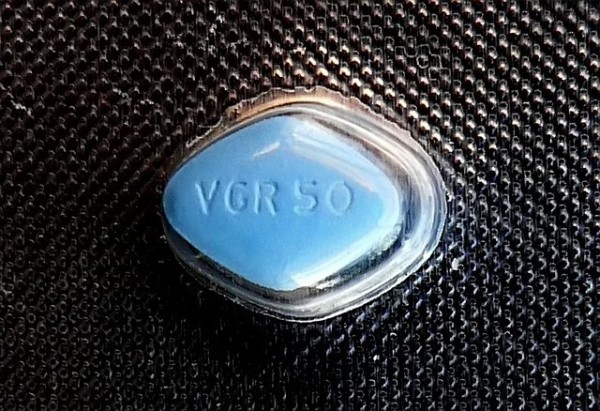Viagra Drugs Help Treat Patients with Muscle Dystrophy: Study

Drugs prescribed for erectile dysfunction can help treat Duchene muscular dystrophy in young boys, according to a study.
Duchene muscular dystrophy is a genetically inherited disease categorized by the low levels of a protein called dystrophin and nitric oxide, resulting in loss of muscle functioning and activity in young boys and men. Experts from the Cedars-Sinai Heart Institute identified that Corticosteroids in Tadalafil, a drug given as medications for male impotence, can prevent muscle decadency by increasing the blood supply. The study involved 10 boys aged between eight and 13 years who were unable to walk due to muscular dystrophy. These participants were given corticosteroids and their blood flow during activity and rest were compared to another group of 10 healthy boys.
It was found that patients suffering with poor muscle functioning had irregular blood flow even after taking corticosteroids and was again tested being given Viagra drugs tadalafil or sildenafil. This was repeated after two weeks. The findings revealed both the drugs increased blood flow in boys with DMD that was similar to healthy participants while they engaged in physical activity.
"The effect was immediate and dramatic. The result also was more pronounced with higher doses," said Ronald G. Victor, study author and assistant director of the Cedars-Sinai Heart Institute in a news release.
The study authors explained that the drug tadalafil assumes the role of nitric oxide by relaxing and inducing dilation of the blood vessels during vigorous activity and exercise. Corticosteroids slowed down muscle degeneration.
The authors believe further investigation is needed to determine the long-term effects of the drug like restoring normal muscle function, blood flow and slowing down disease progression before prescribing it to the people with Duchene muscular dystrophy.
"This is not a cure, but it is the first stop toward identifying potential treatment. This proof-of-concept study also does not address the crucial question of whether restoring normal blood flow regulation will preserve muscle and slow disease progression. If so, this would offer a new therapeutic strategy for Duchene muscular dystrophy, and a Phase III clinical trial has been launched to find out," added Victor.
More information is available online in the journal Neurology.
May 08, 2014 07:32 AM EDT





